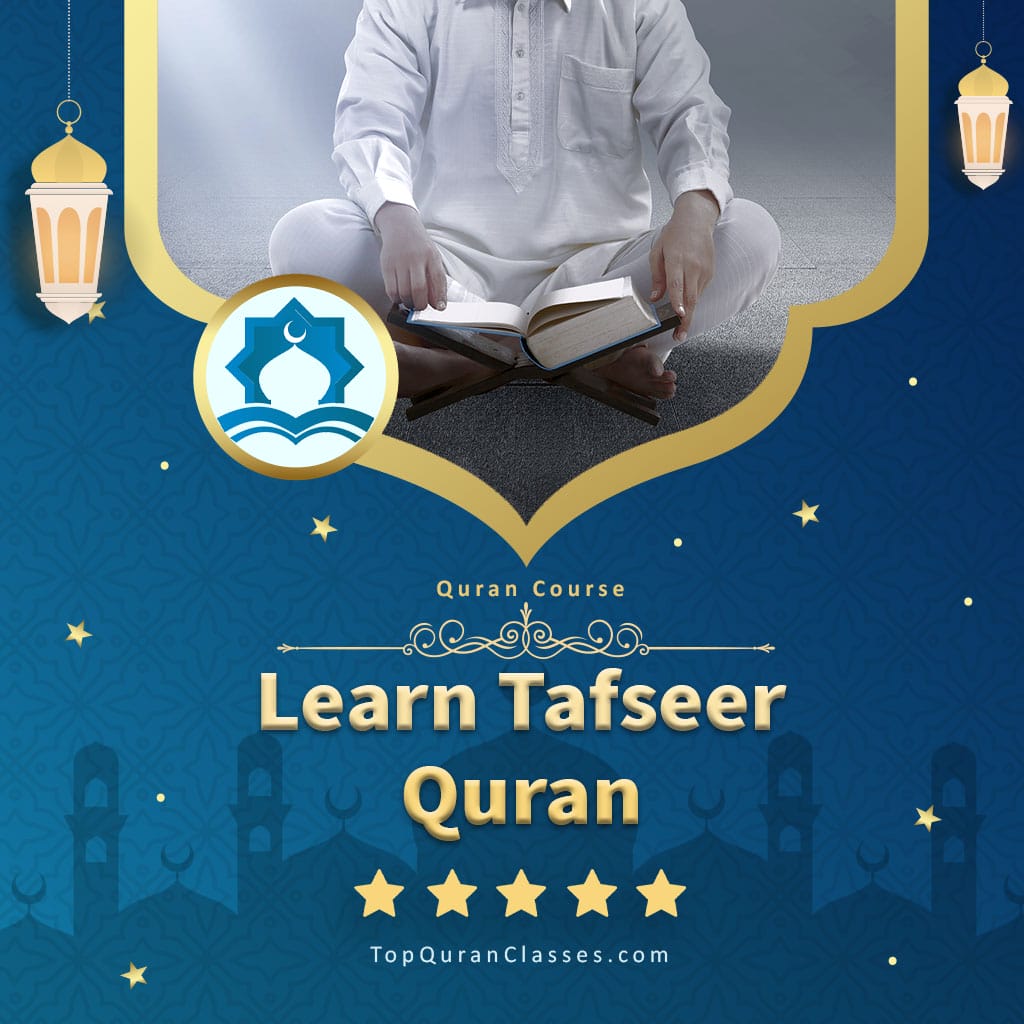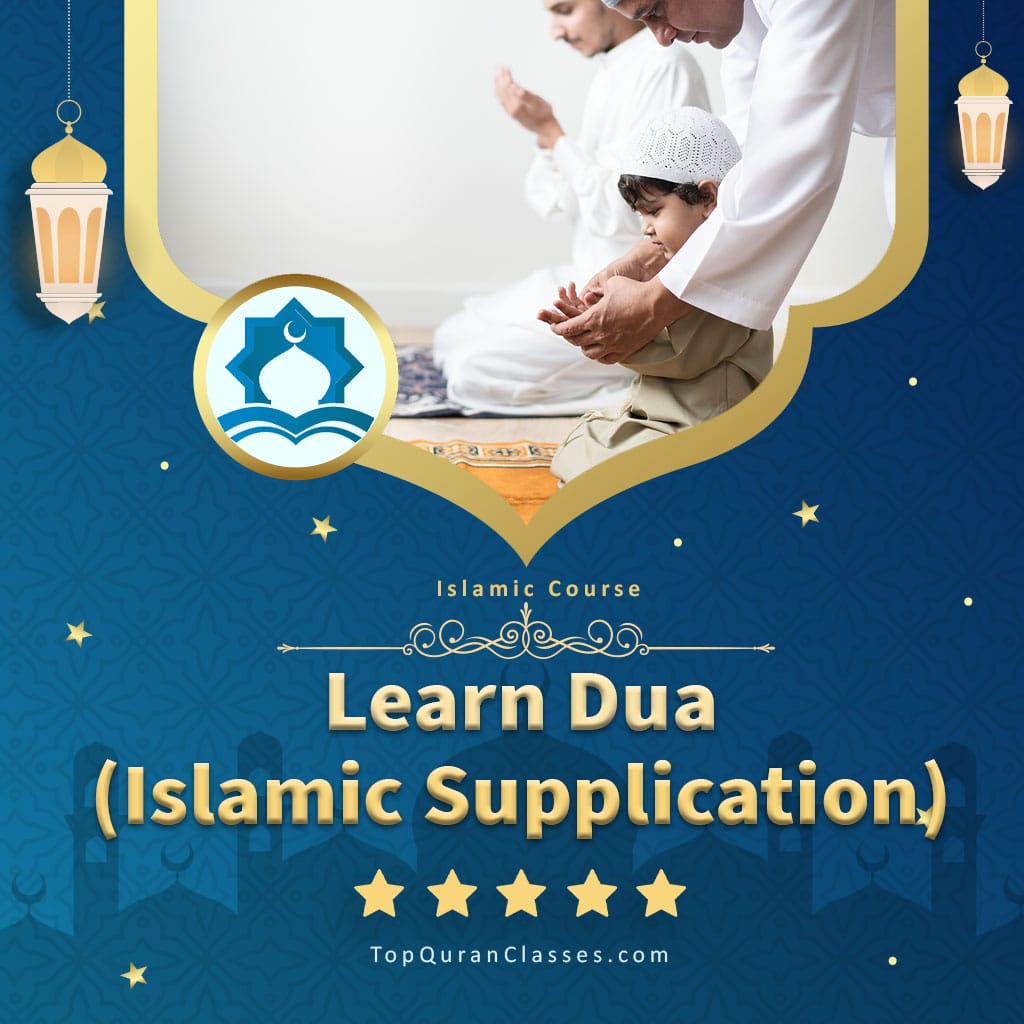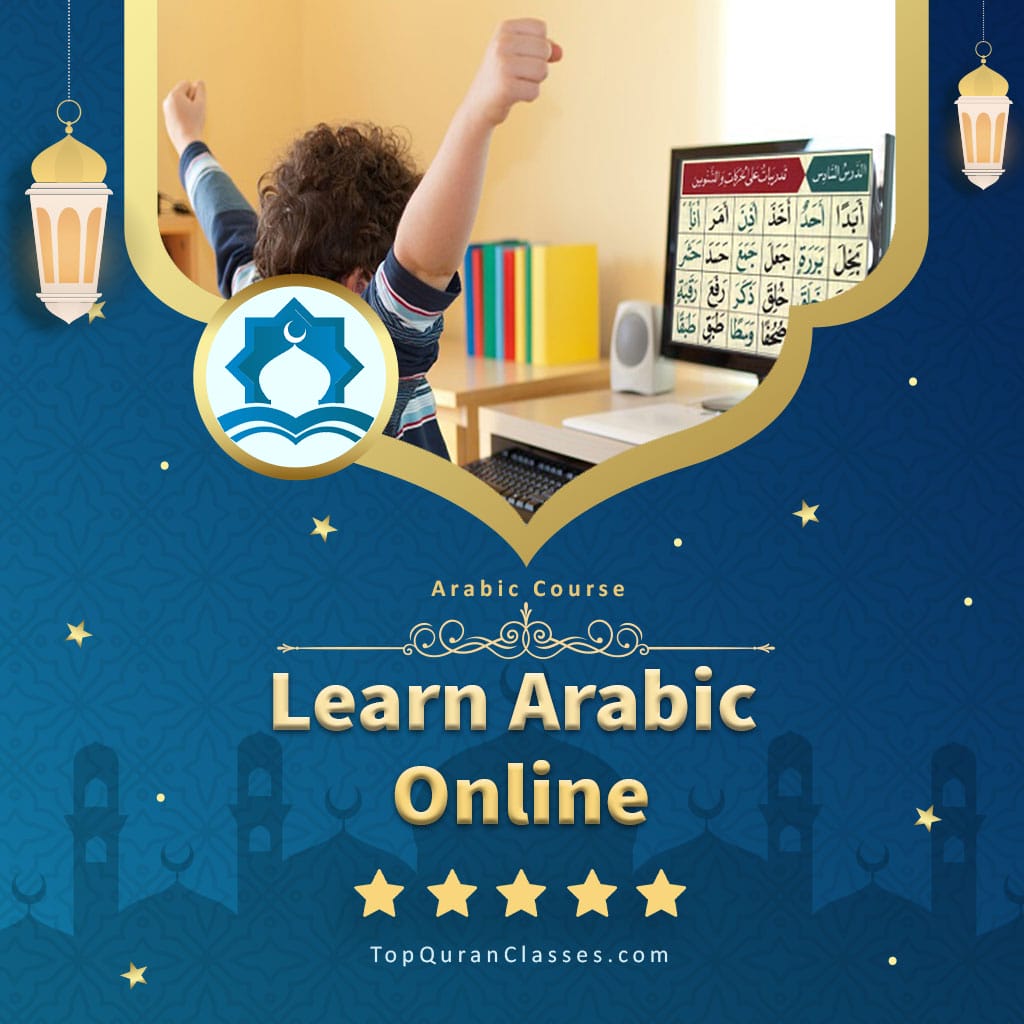WHY TAKING This COURSE
Best way to learn to read Arabic for children and beginners with Arabic reading class:
Strategies for learning to read The strategies that help in learning to read can be summarized as follows:
Fitzgerald’s strategy:
In which the teacher does the following:
- He reads the letter to the child and makes him pronounce his name.
- Makes the child look at the written letter.
- Then he is asked to close his eyes and imagine the shape of the letter.
- Then he hides the letter from the child and asks him to write it without looking at him.
- If the student makes a mistake, he will repeat it again.
Orton Gillingham’s strategy:
- In which the link between the letter and the sound is made as follows: Trace, the purpose of which is to know the shape and arrangement of the letter, as well as it’s sound.
- Transliteration; develops visual memory in children.
- Then the teacher asks the student to read the text he wrote.
- Horn’s strategy: This strategy is based on the following: The student pronounces the word correctly. And to look at its parts during its pronunciation.
- To include the pronunciation of the word from the part to the whole. He closes his eyes and imagines the word, and spells it.
- Then he looks at the word again. And then he writes it down.
- The hierarchical method, in which the teacher does the following: Read the word clearly to the pupils.
- Then he analyzes it.
- The child reads the letters of the word with diacritics.
- Then the word is divided into groups.
- The child reads the groups sequentially and then says the word in its entirety.
- Closing strategy, in which the teacher does the following: Presents the word to the child. To read the letters, ask the youngster.
- And then displays the word and deletes the letter tide.
- Then the child completes the missing letter.
- And then write the whole word.
- The most important of all these steps is the way or method that the teacher follows in communicating the information to the learner.
- The teacher should have the means to motivate and encourage learning and the learner to read and write by clarifying the benefits of reading Arabic in their lives, so we have the best teachers to help you with that.
- Online Interactive classes through any device:
Our Arabic reading course will give you a chance to learn and practice interactively with our online sessions and practices through different electronic platforms like the Google platform, that platforms are easy to be used through any device such as pc, laptops, and mobile phones.
We will provide you with an e-book that is easily downloaded to any device.
- Female teachers and tutors:
Most people are having a problem seeking expert, certified female teachers, and tutors, we will provide you with the elite of female teachers for you and your family.
- Teachers for you and your children:
With our expert, certified, and interactive team, we will give you lessons with different techniques which are suitable for different ages.
- Modern Standard Arabic lessons
In our Arabic lessons online, we will provide you with Modern standard techniques, such as Noor Al-Bayan, and Al Qaidah Al Nooraniyyah
- Native Arabic teachers, English fluent:
Our native Arabic teachers will begin with you from the beginning, phonemic Awareness, articulation sounds, phonetics, Arabic diacritics, vocabulary building, and characteristics of Quranic Arabic, and it will be ended with fluency and readiness to read and learn Quran and Islamic religious sciences.
We will help you to communicate with our Islamic scholars and teachers in different Islamic religious sciences.
We provide online Arabic courses with affordable fees and flexible payment regimens.
The Best Way to Learn to Read Arabic for Children and Beginners
Our Arabic Reading Course is designed to make learning Arabic easy and effective, especially for beginners and children. Here’s why it’s the right choice:
Proven Learning Strategies
We use evidence-based teaching methods that have been developed by educational experts to enhance the reading experience and accelerate learning:
1. Fitzgerald’s Strategy
The teacher reads the letter and helps the child pronounce its name.
The child observes the letter visually.
They then close their eyes and visualize its shape.
Next, the letter is hidden and the child tries to write it from memory.
If there’s a mistake, the process is repeated.
2. Orton-Gillingham Strategy
Focuses on associating letters with sounds through multi-sensory activities.
Tracing is used to reinforce letter shape, order, and sound.
Visual memory is enhanced through transliteration.
The student then reads aloud what they have written.
3. Horn’s Strategy
Students pronounce words while observing their parts.
The word is analyzed from part to whole.
Students visualize the word with closed eyes, then spell and write it.
4. Hierarchical Method
The teacher reads a word aloud.
It’s broken into letters and syllables.
Students read each part with diacritics.
Words are grouped and read sequentially to form the whole word.
5. Cloze Strategy
The teacher presents a word and asks the student to read its letters.
Then the teacher removes a letter.
The child identifies and fills in the missing letter, then writes the complete word.
The most essential element across all these methods is the teacher’s ability to deliver information in an engaging and motivating way. Our experienced instructors excel at creating an inspiring environment that helps learners succeed.
Interactive Online Classes—Accessible on Any Device
Enjoy learning Arabic from the comfort of your home!
Join live interactive sessions via easy-to-use platforms like Google Meet.
Compatible with PCs, laptops, tablets, and smartphones.
Learn and practice Arabic anytime, anywhere.
E-Book Included
Get instant access to a downloadable e-book to support your learning journey.
You can use it on any device for convenient reading and revision.
Certified Female Tutors Available
Finding professional, qualified female tutors can be a challenge.
We offer a selection of expert female Arabic teachers to support women and families in their learning experience.
For Adults and Children Alike
Our team of certified, interactive teachers uses age-appropriate methods for both adults and children.
Every learner receives a personalized and engaging experience.
Modern Standard Arabic Curriculum
We teach using modern and proven methods, such as:
Noor Al-Bayan
Al-Qaidah Al-Nooraniyyah
These structured techniques are perfect for mastering Arabic reading and pronunciation.
Native Arabic Teachers Fluent in English
Our native-speaking Arabic instructors are fluent in English and will guide you from the very basics:
– Phonemic awareness
– Articulation and phonetics
– Arabic diacritics
– Vocabulary development
– Introduction to Quranic Arabic
You’ll finish the course with fluency and readiness to read the Quran and delve into Islamic studies.
Interested in Islam?
We offer access to certified Islamic scholars for those who want to learn more about Islamic sciences or beliefs or have religious questions.
Affordable Fees & Flexible Payments
We believe quality education should be accessible.
Our Arabic reading course is offered at competitive prices with flexible payment plans to suit your needs.
Start your journey to read Arabic with confidence—for yourself or your children—with the help of expert instructors and structured, engaging methods.
FAQS
1. Why is learning Arabic important for reading the Quran?
The Quran was revealed in Arabic, and understanding the original language ensures accurate interpretation and a deeper connection with its meanings. While translations are helpful, they cannot fully convey the linguistic beauty and depth of the original text.
2. Can I read the Quran without knowing Arabic?
Yes, you can read the Quran using translations in your language. However, learning Arabic, even at a basic level, enhances understanding and allows you to experience the Quran as it was revealed.
3. What is Tajweed, and why is it important in reading the Quran?
Tajweed refers to the rules of pronunciation when reciting the Quran. Proper application of Tajweed ensures that verses are recited correctly, preserving their meanings and beauty as intended.
4. Is it difficult to learn Arabic for Quran reading?
Arabic can be challenging for beginners, but focusing on Quranic Arabic (which has a limited vocabulary compared to modern standard Arabic) makes it more manageable. With consistent practice and guidance, anyone can learn.




















